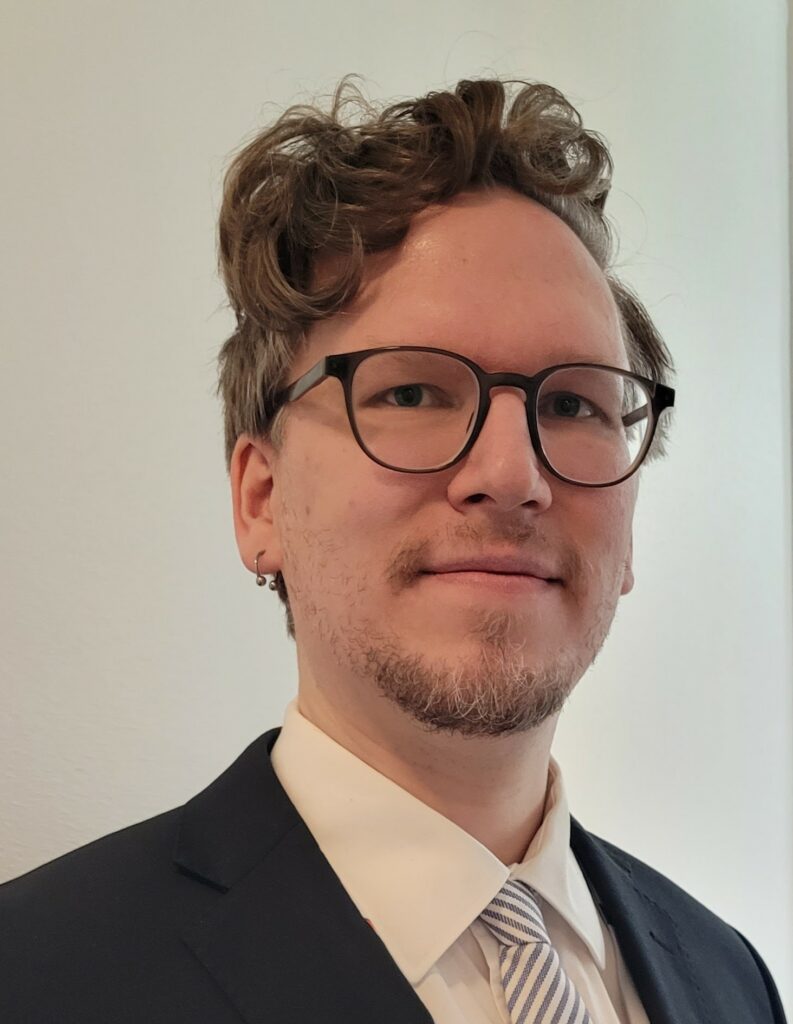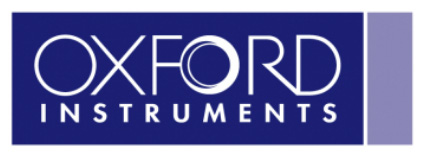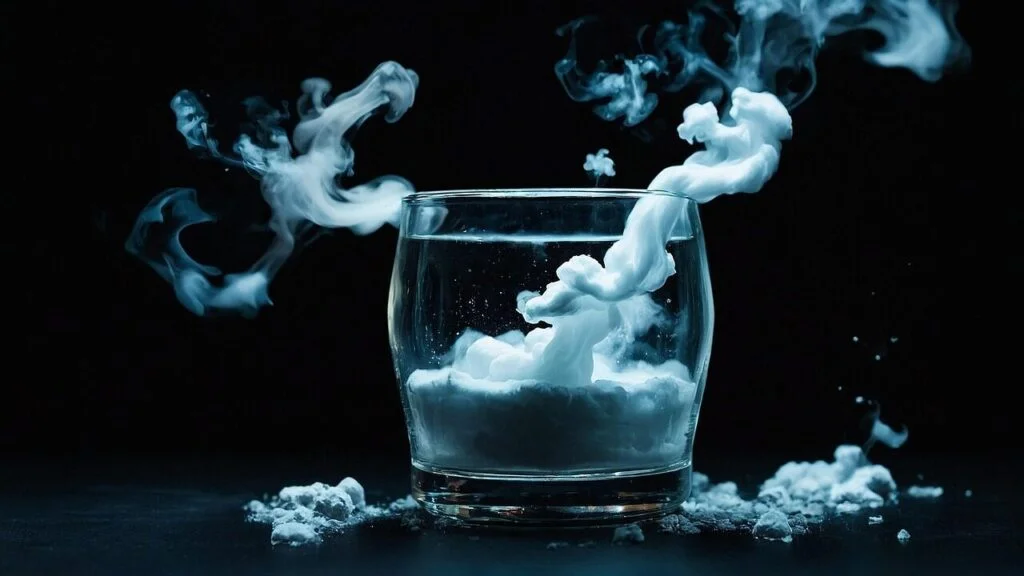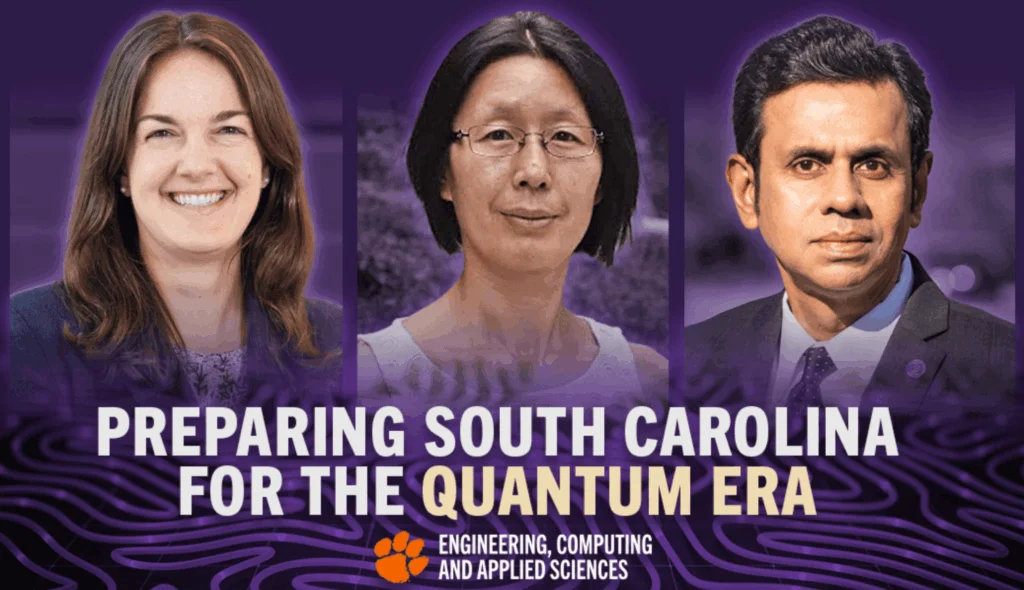Insider Brief
- Oxford Instruments awarded Dr Jere Mäkinen the 2025 Nicholas Kurti Science Prize for groundbreaking research on topological superfluids and quantum vortices at ultra-low temperatures.
- Mäkinen’s work includes discoveries of half-quantum vortices, defect formation dynamics, and energy dissipation mechanisms in helium-3 condensates, contributing to the understanding of high-temperature superconductivity.
- Currently a Research Fellow at Aalto University and part of the SuperC collaboration, Mäkinen is also recognized for science communication and will present at the LT30 conference in Bilbao as part of his prize award.
PRESS RELEASE – Oxford Instruments announces that Dr Jere Mäkinen, Research Fellow at Aalto University, Finland, has been awarded the 2025 Nicholas Kurti Science Prize.
The Award recognises Dr Mäkinen’s discoveries of novel topological structures and their dynamics in topological superfluids at ultra-cold temperatures. His research has advanced our understanding of half-quantum vortices, walls bounded by strings, dissipation by the Kelvin-wave cascade in quantum turbulence, and control of defect formation in non-adiabatic phase transitions.
“I am deeply humbled to have received the Nicholas Kurti prize and join the admirable group of past winners. The recognition is deeply encouraging, motivating me to [continue pursuing] academic research in the coming years,” commented Dr Mäkinen.


Dr Mäkinen’s research has significantly contributed to the field of quantum vortices. His work has particular implications for our understanding of the mechanisms underlying high-temperature superconductivity. Using cooling techniques pioneered by Professor Nicholas Kurti himself, Dr Mäkinen discovered novel vortex structures in fermionic quantum condensates of helium-3 atoms, demonstrated controlled vortex formation in non-adiabatic phase transitions, and provided evidence of kinetic energy dissipation at ultra-low temperatures.
The Oxford Instruments Nicholas Kurti Science Prize for Europe promotes and recognises the novel work of young scientists working in the fields of low temperatures and/or high magnetic fields or surface science. Matthew Martin, Managing Director at Oxford Instruments NanoScience, said, “Dr Mäkinen’s work in ultra-low temperature physics exemplifies the innovative research we aim to recognise with the Nicholas Kurti Science Prize. His discoveries regarding quantum vortices and their dynamics not only advance fundamental physics but hold promise for future applications in quantum technologies.”
Dr Mäkinen began his scientific career at Aalto University in 2010, progressing through BSc, MSc, and PhD studies with distinction, receiving Aalto University’s dissertation prize in 2020. He was granted a Yale Quantum Institute postdoctoral fellowship in 2019, working with Prof. Nir Navon for two years at Yale University before returning to Finland in 2021. In October 2024, he commenced his position as Research Fellow at Aalto University, where he works as part of the international SuperC collaboration aiming to discover room-temperature superconductivity by 2033.
Alongside his scientific achievements, Dr Mäkinen excels in research outreach, collaborating with communications specialists to make complex research accessible. His commitment to science communication was recognised with an Aalto University Research Impact Award in 2023, and he was selected as one of two Finnish participants to the 73rd Lindau Nobel Laureate meeting.
As part of the prize, Dr Mäkinen will receive €15,000 and additional support to attend the 30th International Conference on Low Temperature Physics (LT30) in Bilbao, Spain, in August 2025.
The 2025 Nicholas Kurti Science Prize selection committee is co-chaired by Professor Richard Haley, Lancaster University and Dr Natalia Ares, University of Oxford. Committee members include Professor Rolf Haug, Universität Hannover; Professor Vladimir Dmitriev, P L Kapitza Institute, Moscow; Professor Dominik Zumbühl, University of Basel; Dr Silvano De Franceschi, Institute for Nanosciences and Cryogenics, Grenoble; and Dr Anasua Chatterjee, Delft University of Technology.















